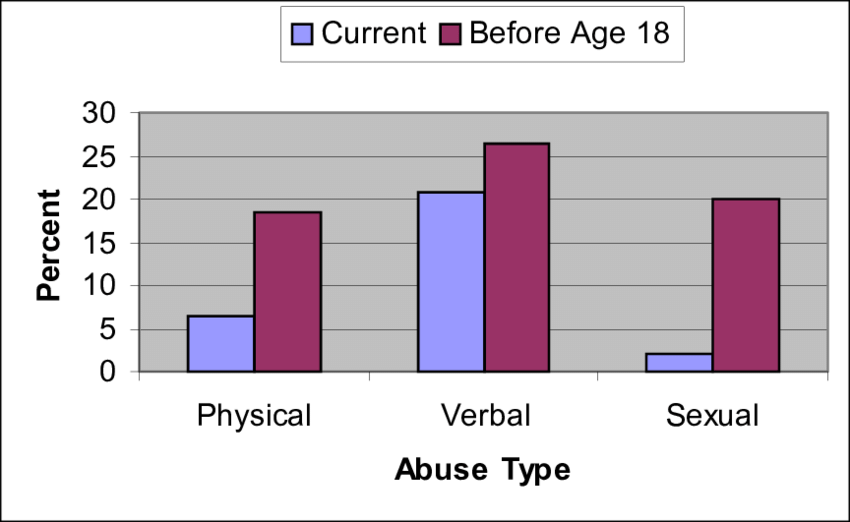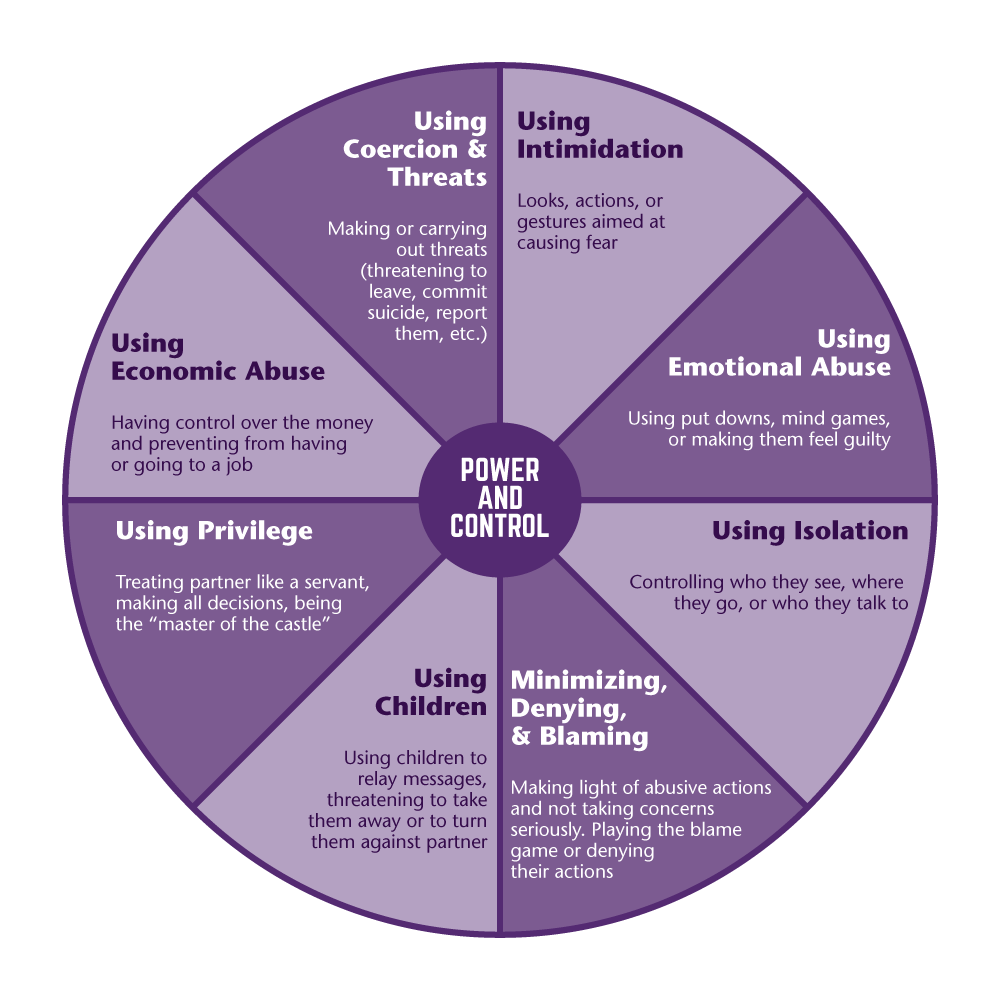By Grace James
CHATTANOOGA, TN (mocsnews.com)—With the recent speculations in the Gabby Petito case, discussions on domestic violence among college-aged students are at an all-time high.
Prior to the 22-year-old’s death, domestic violence experts said Petito showed behavior of a victim in the Utah bodycam video taken on Aug. 12. A week and one day later, Petito’s remains were discovered in Grand Teton National Park.
According to Healing Abuse Working for Change (HAWC), 70% of young victims don’t realize they’re being abused by their partner, and those who do, resist reporting it “because the closed, intersecting social networks of a college campus make victims feel trapped by their circumstances.”
College students experiencing abuse may also resist reporting their experiences because they are afraid of their parents’ reactions, their abusers will stalk or harass them, or their administrators will not fully understand the issue, according to HAWC.
Specifically, college-aged women (between 16-24) have the highest per capita rate of intimate partner violence, including physical, verbal and sexual abuse. 21% of college students report having experienced dating violence by a current partner, and 32% of college students report experiencing dating violence by a previous partner, according to PADV.

While intimate partner violence, also called domestic violence/abuse or dating violence/abuse, on college campuses is discussed significantly less, experts suggest it is important to recognize some of the main signs of abuse. The Power and Control Wheel helps victims understand the tactics abusers use to gain power and control over them.

When it comes to getting support after experiencing dating violence, some UTC students say they would feel comfortable asking for help.
“I would feel comfortable going to any of the resources provided by UTC, such as Survivor Advocacy Services, and the counseling center,” sophomore May Tran said. “Your mental and physical health could be in jeopardy, making it harder to get yourself out of the situation.”
In addition, sophomore Hailey Hallman said, “Other complications from not reporting dating violence could result in severe mental health problems such as depression and anxiety.”
If you or a friend is experiencing any type of abuse in their relationships, contact the UTC Counseling Center at 423-425-4438, or for emergencies, 423-425-CARE (2273). You can also contact The National Domestic Abuse Hotline at 800-799-SAFE (7233) and PADV at 404-873-1766.
—30—
 Mocs News Reporting the news that matters most to UTC
Mocs News Reporting the news that matters most to UTC




